-
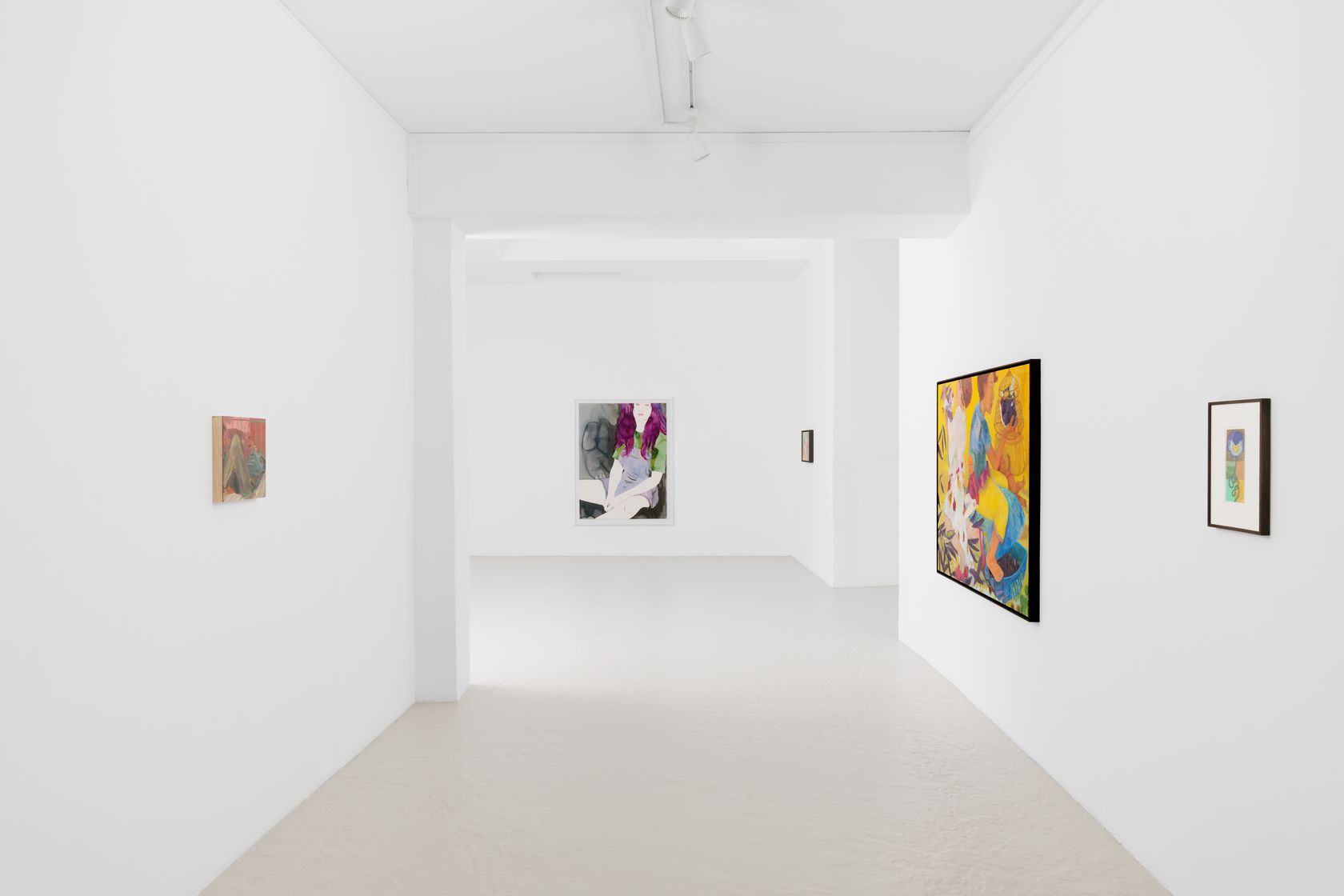 1/11
1/11
Anthony Cudahy, Fiza Khatri, Justin Liam O’Brien, Françoise Pétrovitch, Laurent Proux, Philemona Williamson, Xie Lei, Second Nature
-
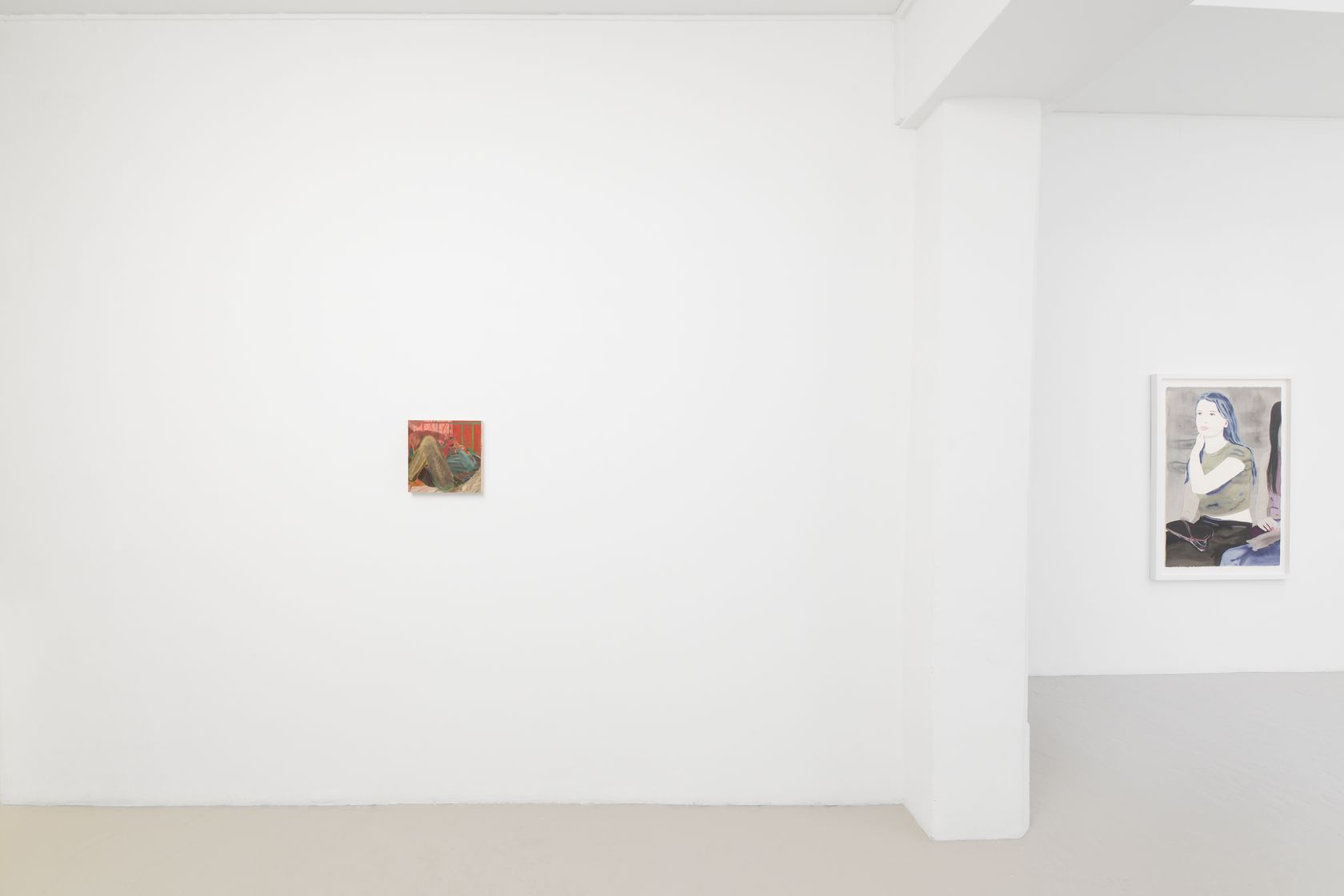 2/11
2/11
Anthony Cudahy, Fiza Khatri, Justin Liam O’Brien, Françoise Pétrovitch, Laurent Proux, Philemona Williamson, Xie Lei, Second Nature
-
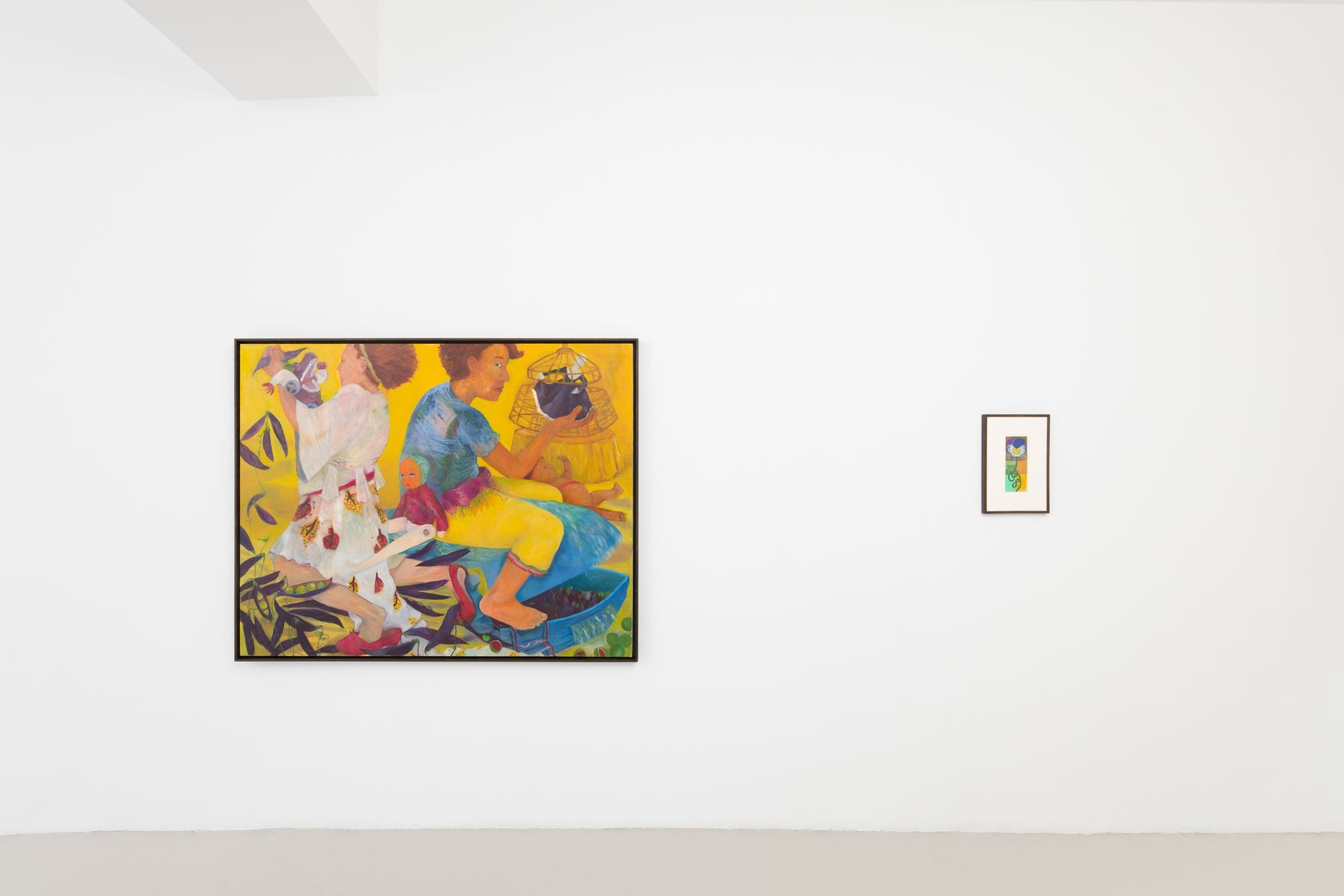 3/11
3/11
Anthony Cudahy, Fiza Khatri, Justin Liam O’Brien, Françoise Pétrovitch, Laurent Proux, Philemona Williamson, Xie Lei, Second Nature
-
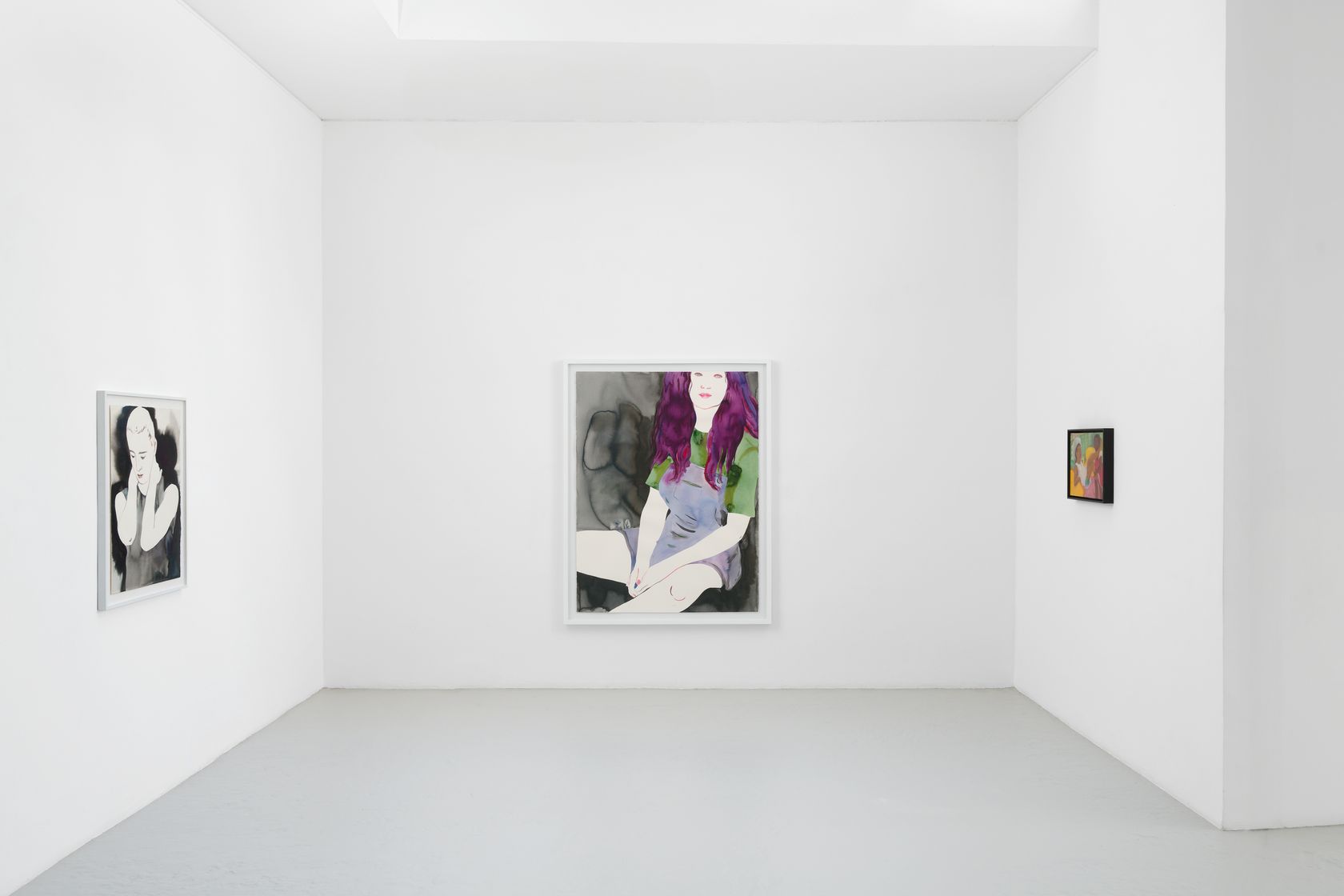 4/11
4/11
Anthony Cudahy, Fiza Khatri, Justin Liam O’Brien, Françoise Pétrovitch, Laurent Proux, Philemona Williamson, Xie Lei, Second Nature
-
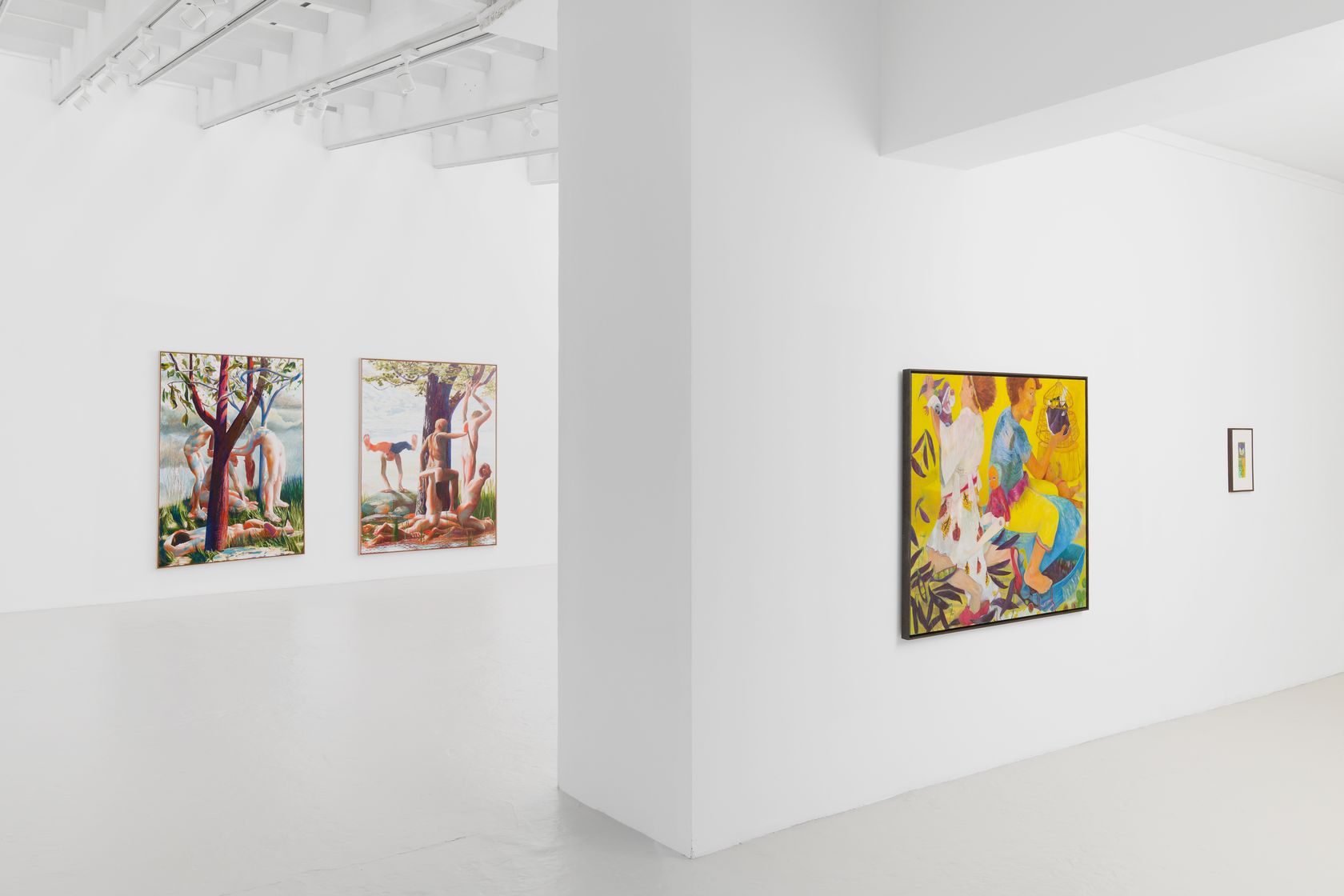 5/11
5/11
Anthony Cudahy, Fiza Khatri, Justin Liam O’Brien, Françoise Pétrovitch, Laurent Proux, Philemona Williamson, Xie Lei, Second Nature
-
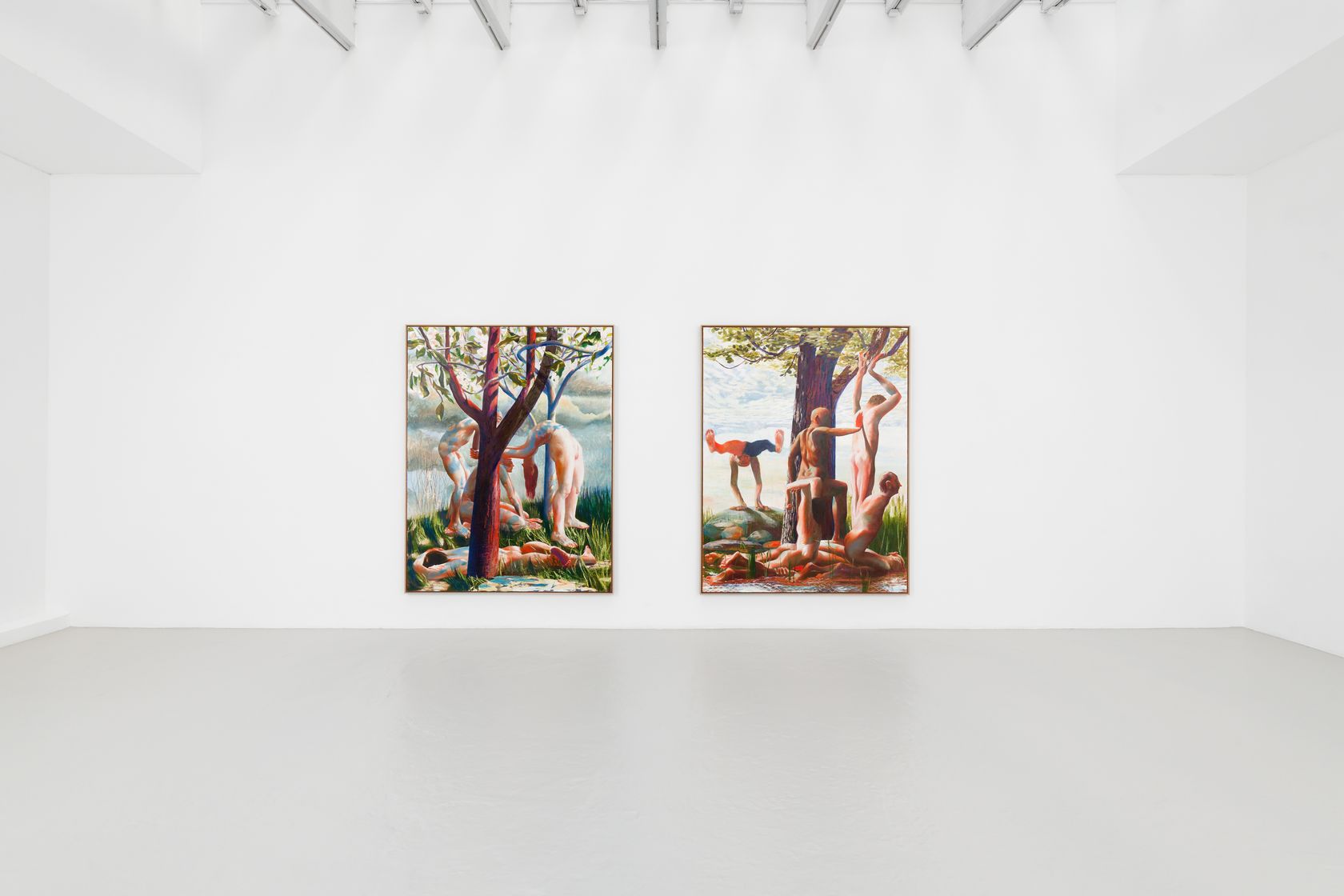 6/11
6/11
Anthony Cudahy, Fiza Khatri, Justin Liam O’Brien, Françoise Pétrovitch, Laurent Proux, Philemona Williamson, Xie Lei, Second Nature
-
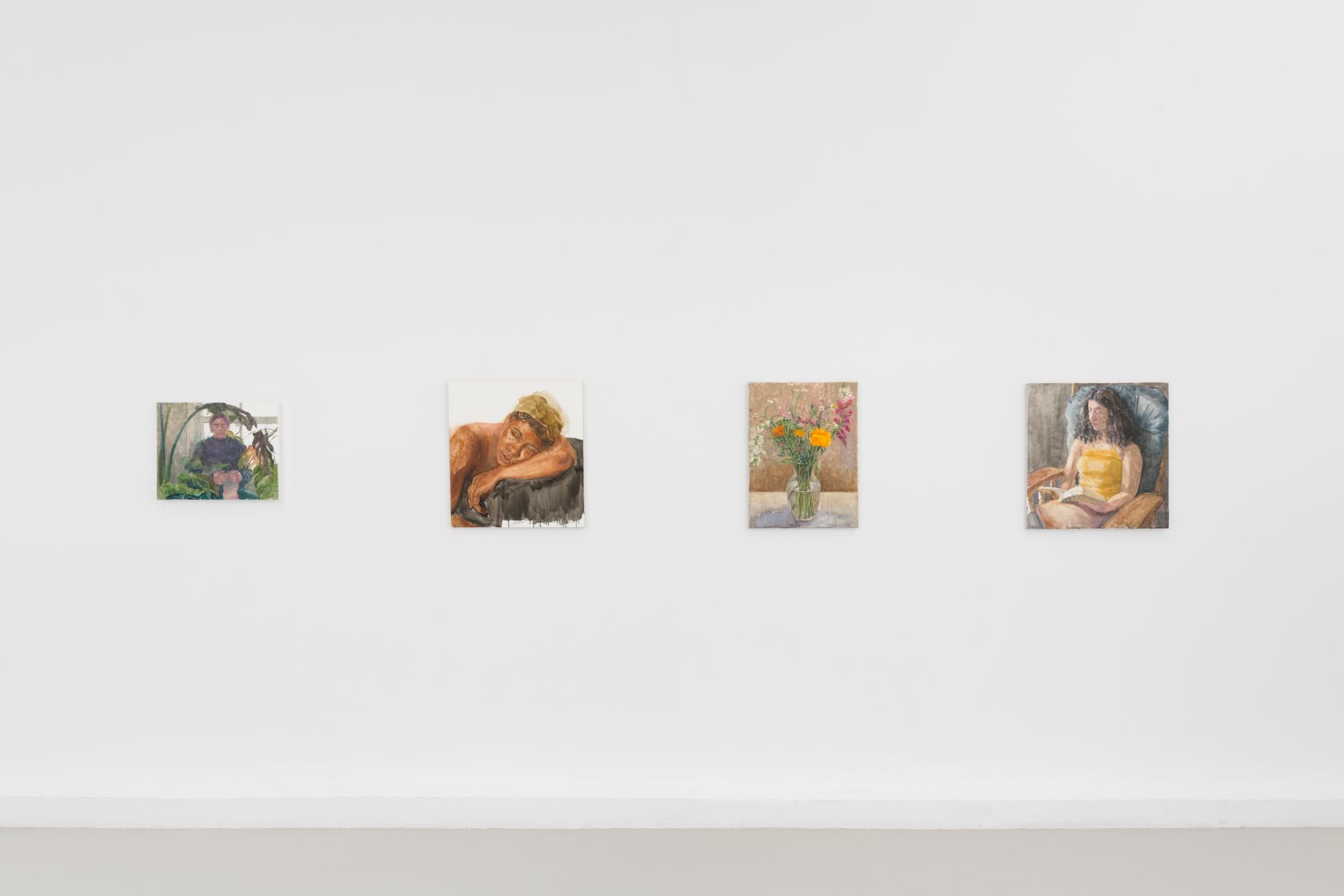 7/11
7/11
Anthony Cudahy, Fiza Khatri, Justin Liam O’Brien, Françoise Pétrovitch, Laurent Proux, Philemona Williamson, Xie Lei, Second Nature
-
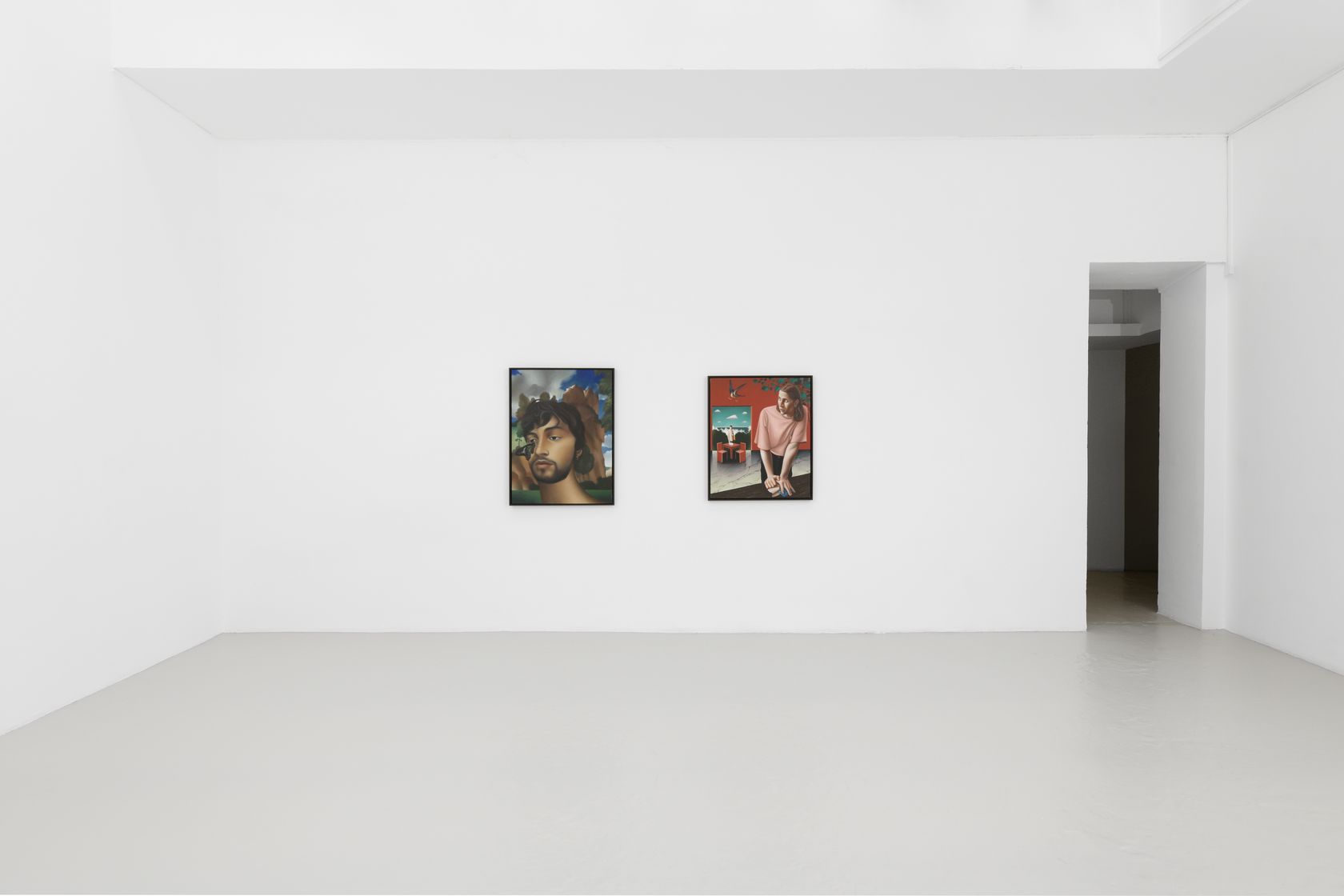 8/11
8/11
Anthony Cudahy, Fiza Khatri, Justin Liam O’Brien, Françoise Pétrovitch, Laurent Proux, Philemona Williamson, Xie Lei, Second Nature
-
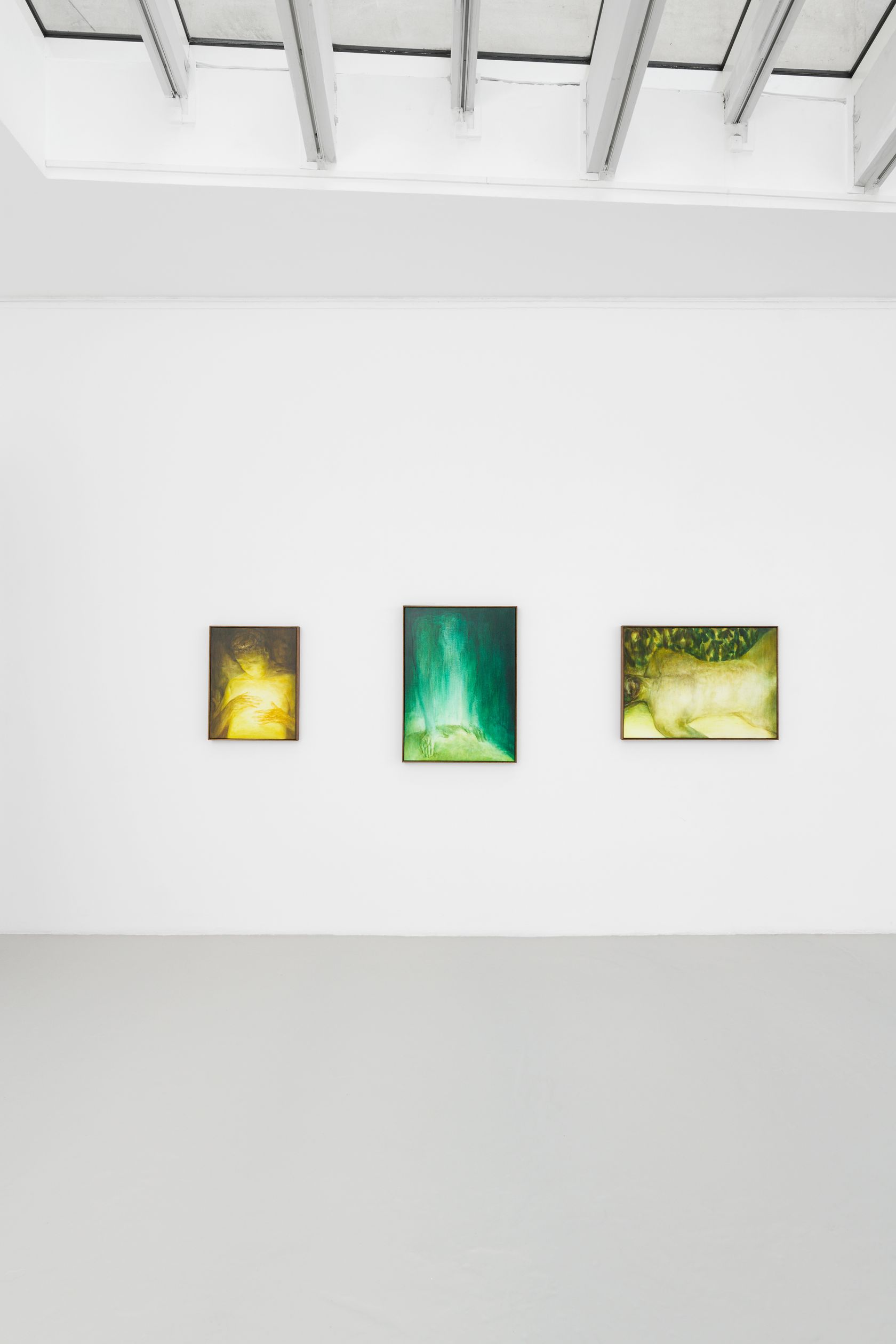 9/11
9/11
Anthony Cudahy, Fiza Khatri, Justin Liam O’Brien, Françoise Pétrovitch, Laurent Proux, Philemona Williamson, Xie Lei, Second Nature
-
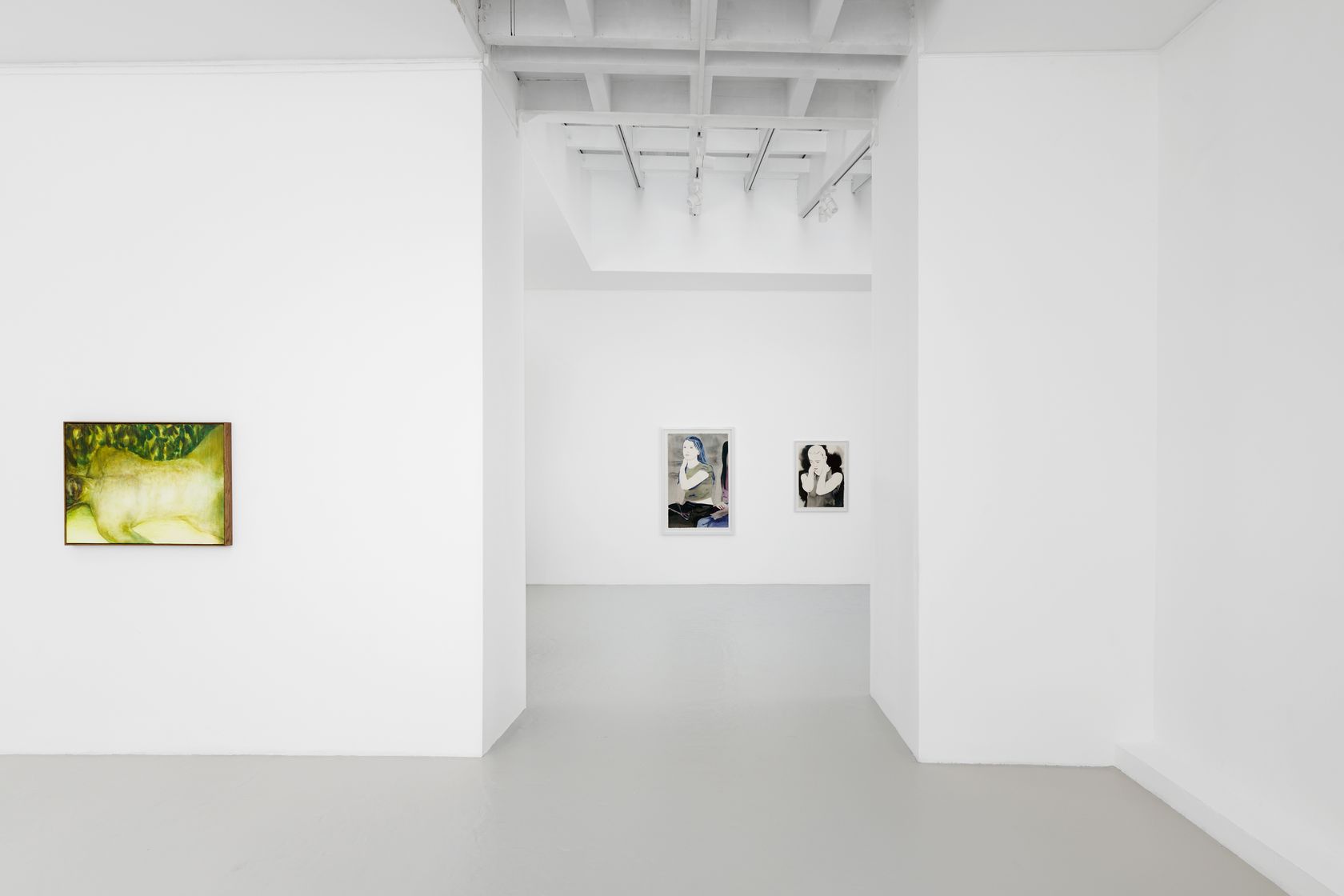 10/11
10/11
Anthony Cudahy, Fiza Khatri, Justin Liam O’Brien, Françoise Pétrovitch, Laurent Proux, Philemona Williamson, Xie Lei, Second Nature
-
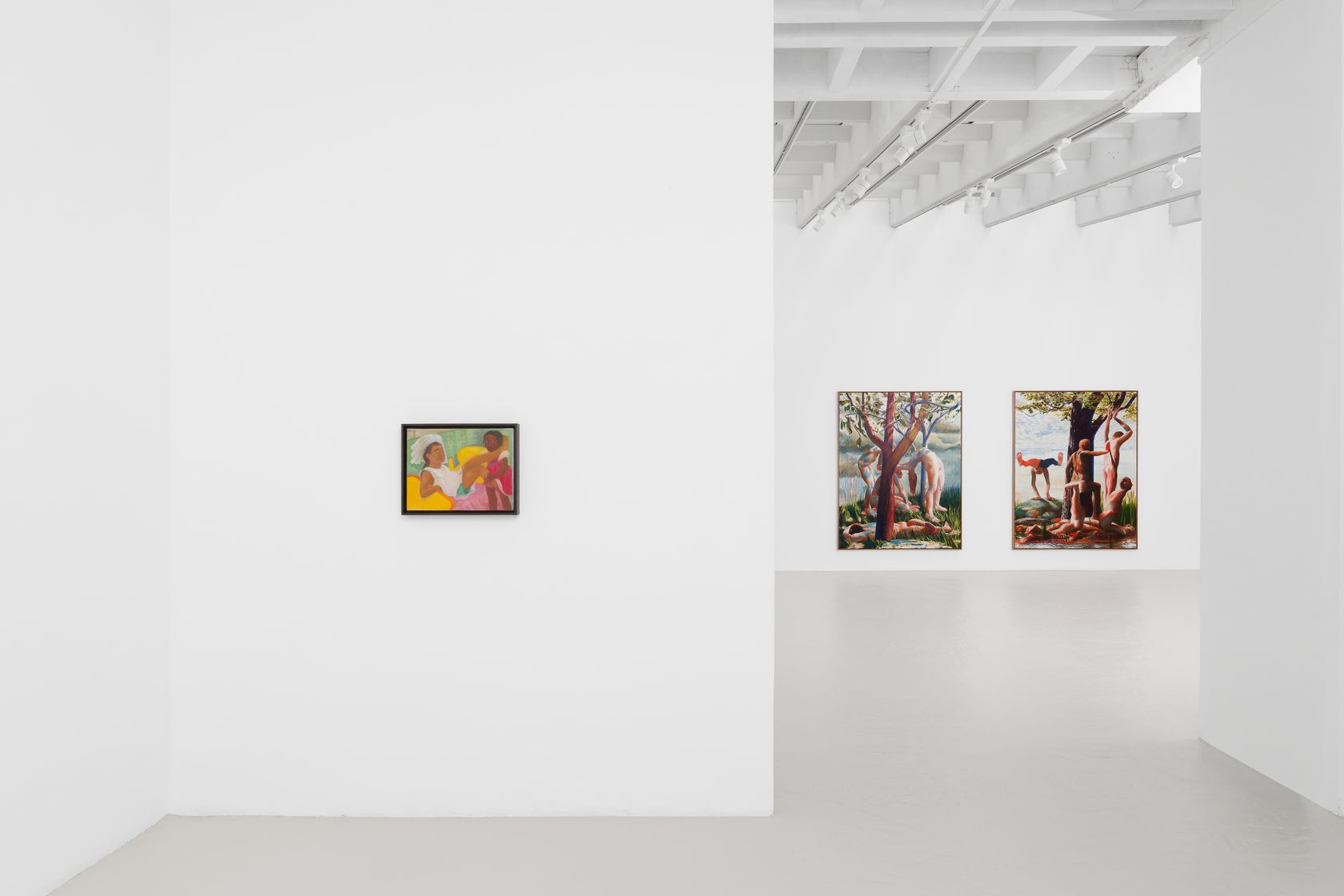 11/11
11/11
Anthony Cudahy, Fiza Khatri, Justin Liam O’Brien, Françoise Pétrovitch, Laurent Proux, Philemona Williamson, Xie Lei, Second Nature
“That which we have not been forced to decipher, to clarify by our own personal effort, that which was made clear before, is not ours. Only that issues from ourselves, which we ourselves extract from the darkness within ourselves and which is unknown to others. And as art exactly recomposes life, an atmosphere of poetry surrounds those truths within ourselves to which we attain, the sweetness of a mystery, which is but the twilight through which we have passed.”
Marcel Proust, Le Temps Retrouvé [Time Regained]
Why do people continue to paint in this day and age? And moreover, what is there left to paint? What narrative or counter-narrative could we propose or oppose? Which story(s) should be referenced: one’s own, those of others or othernesses, those of a community or communities? Is a word in the singular always expressed and developed in the singular? Can a word in the plural exist in its own right? Does it have to include a notion of “us”, “you” or “them”? Can or should one allow oneself to become a mouthpiece? And what kind of word(s) are involved?
What does painting still have to tell us? Or challenge in our thinking? What does it have to offer? What do artists seek deep inside themselves, or in what surrounds them or that is far from their own experience? What do they then bring back? to themselves, to us, to you? An intention, an impression, a sensation, an emotion, an insight, a declaration, a manifestation, an affirmation, a reconciliation?...
Does being an artist imply taking part in life itself or observing it from the outside? Can we both be in and outside something at the same moment? Live an instant and observe that very same instant? Through a work of art, is its creator attempting to enable us to experience something or is it something to simply look at? As an artist, do you want the viewer to feel or to understand? How can you be fully immersed in your work and at the same time in the gaze and mind of the spectator? And what is really shared? What does the work genuinely unleash?
***
How can one describe a painting, clarify a work of art, convey an approach when its true reality constantly seems to elude us, even when they reveal fragments of reality that might actually exist or impart a feeling of déjà-vu, of something already lived and perhaps almost even shared? A representation is never precise: there are always oversights, mistakes, stutters and slips of the tongue as well as plays on its own omissions or compromises? An oeuvre dilates time and space, elicits interference, disruption, confrontation and confusion. Thus, at the heart of all visual representation there is something missing, as if the clear images in the painter’s mind could not be directly (two-dimensionally) fixed on the canvases, placed without somehow being shifted, done without being undone, appearing without fading, becoming more opaque, while seemingly more or less luminous, appearing more fragile or on the other hand more dense, dilated or diluted, inviting themselves to the ball and then not turning up, disappearing then returning to haunt themselves.
So why does a work by an artist we don’t (or hardly) know generate a certain complicity or even outright empathy? How does it respond to our innate desire to expand our horizons, afford us more space? How does it succeed, more often than not, to transcend us as much by what it represents as by what it actually is? How does it elevate itself to imprint itself in or minds after merely a single glance? How does it manage as a true stranger with all its strangeness, to leave indelible traces within us without leaving any apparent wounds or scars?
***
In a well-known essay dedicated to the French photographer Daniel Boudinet, Roland Barthes stated that: “[A work of art] is like a word: a form that immediately wants to say something. There’s no escaping it, I am compelled to seek a meaning—at least, some form of meaning. The nature of these systems is paradoxical: the form merely asserts itself in order to then withdraw itself in favor of a supposed reality: that of what has been said or the thing that is represented. […] The objective is to produce—after strenuous research—a signifier that is both removed from “art” (as a codified form of culture) and from the illusory “naturalness” of the referent. It’s akin to a ridgeline between two abysses: on the one side naturalism and on the other aestheticism.” He goes on to invoke the notion of “captivation:” “a series of events that begins with a kind of “thrill” (as I exclaim my own excitement); but what captures my attention is not a spectacle, a scene or a “vision,” but layers of foliage, a delicate fabric: its substance at once both dense and ethereal, disorderly yet restrained; the vertical fronds without air or sky, inexplicably inspire me to breathe; they uplift my “soul” (as one might have proclaimed a hundred years ago: but the soul is still the body). […] The scene is tightly framed, coherent and intelligible, yet as always, [he—Boudinet] opens it up, liberates it […].” He concludes by focusing on the idea of “desire:” “[A work of art] is only of value if one desires (even against one’s will) what it represents. […] His work, at every moment, is fundamental to establishment of the space in which I wish to live (or so I believe). […] A desire, one might say, that doesn’t need to be absolute in order to be whole.”
***
Depending on whether you are reading these words in advance or at the exhibition, in front of you, there will be or are artworks created by seven artists brought together—federated is perhaps a better term—by Semiose, a kind of patchwork family, an extended community, even if some of them have never previously met, they will certainly get to know each other at some point or other. I’ve known most of them for varying lengths of time. I’ve gotten to know them and have engaged with them through their different projects, exhibitions as well as personal encounters, and more importantly these meetings of minds have expanded my own vision and self-understanding and in some manner, have transformed me, without foreknowledge of where I was heading.
For at the very heart of their work, we discover exactly what Roland Barthes spoke of: the emergence of a spark, a flash of light, a moment of captivation or even rapture, in any case an awakening, an igniting of the senses, of fresh sensations and sensibilities—in both body and soul? And this emergence elevates them to a level beyond their physical selves, beyond what they depict or represent, to better establish that connection, that bond with the viewer.
What they express beyond what they depict, what they convey or what they subvert, perhaps constitutes a certain state of existence reclaimed—a kind of euphoria, an intense state of joy—as vital as it is fragile, an impression of being where one has always desired to find oneself, unrestrained and entire. And this overwhelming feeling of having achieved within oneself this state of being is so intense that it seems to have been literally, and for all eternity absorbed; in other words: you have been accorded the gift of finally recognizing your “inner self.” Semiose provides a peaceful and welcoming setting for the utopian experience of this exhibition.
Marc Donnadieu